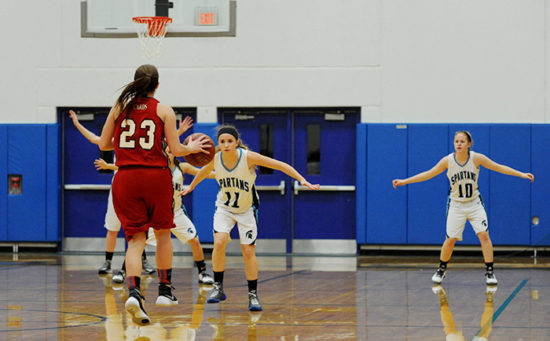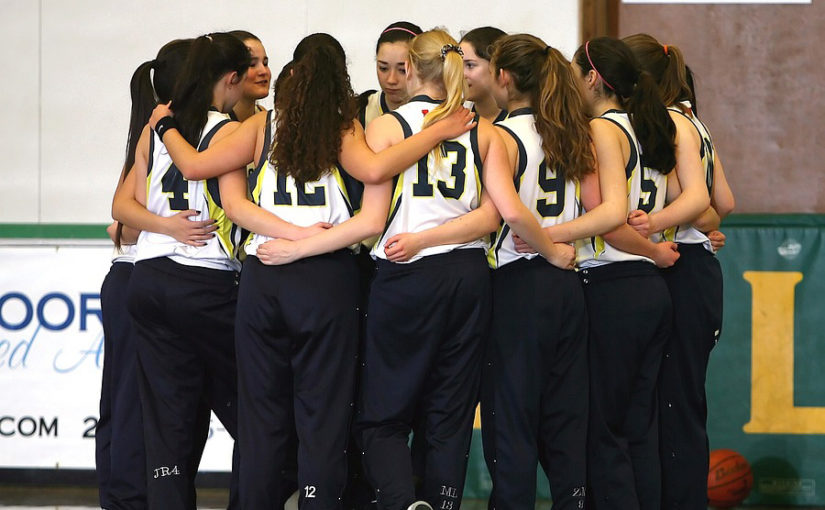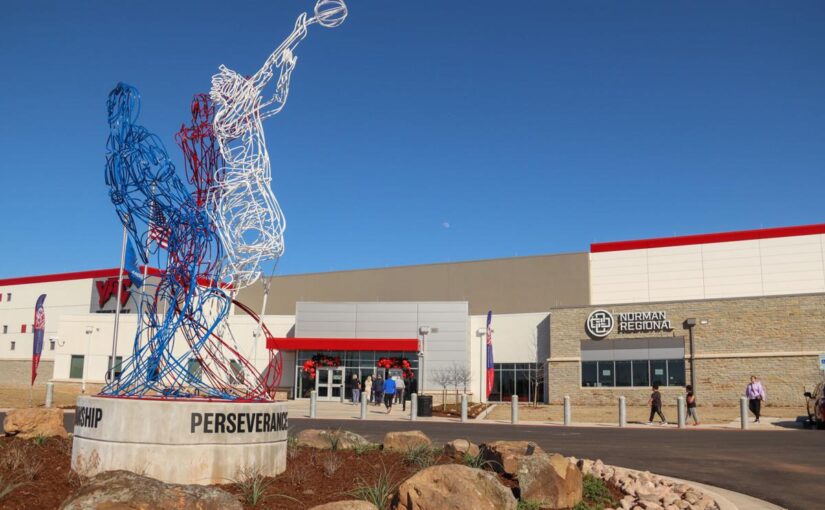Basketball: Observations after taking a year off from coaching
After 21 years as a basketball coach, I was afforded the opportunity to take a season off. I remember a few years back one of my colleagues telling me that when you get out, “You will ask yourself ‘why did I do it so long?’ and think ‘I can’t believe how much time I have.'”
 I admit it was nice to go home after school in the fall and not be responsible for opening the weight room or paying a trainer to come in and work with my athletes (we were not allowed to coach our kids during the offseason). I didn’t have to prepare for fall league or run open gym. I just had to go home, get my own kids off the bus and partake in their own afterschool activities.
I admit it was nice to go home after school in the fall and not be responsible for opening the weight room or paying a trainer to come in and work with my athletes (we were not allowed to coach our kids during the offseason). I didn’t have to prepare for fall league or run open gym. I just had to go home, get my own kids off the bus and partake in their own afterschool activities.
I was also able to watch a myriad of basketball practices. That allowed me to learn different coaching styles from a variety of successful and unsuccessful coaches. I was able to help some friends in the profession by “scouting” them, assisting in preparing their teams for upcoming district or state tournaments.
I will share some examples of situations that I faced or observed that I’m sure may be very similar to the ones that many coaches see on a regular basis. I’ll also offer some tangible ideas that hopefully help you in your calling as a coach.
Depending on the rules or standards for your team, you can treat players differently and still treat them fairly. Empower your captains to make some of the tough decisions that the coaching staff will face throughout the season. If they take part in the decision, they are more likely to support the decision when you have adversity.
If you don’t plan on having adversity, you will surely have it. Most successful teams put some standards in place before the season starts.
A few years back, I had a parent verbally attack me because her son wasn’t playing. A younger coach might have felt the need to justify or fire back. It was a situation where her son hadn’t grown since ninth grade, when he was the starting center. Now he was a back up, but she thought her son deserved more. She even quit my booster club in frustration over her son’s lack of playing time.
When the season was over and I conducted exit interviews, I asked the boy what he was going to do after graduation. He told me he was going to attend an out-of-state university. Knowing the basketball coach at that university, I called him and asked if he needed a manager for the upcoming season. He said he did, and asked that when the player was doing his campus visit during the spring to stop in and see him for an informal interview.
The coach hired the kid to be his manager, and with that he received a 40 percent scholarship and was able to travel with the team, making road trips to destinations like Hawaii. If I had taken offense to the mother or held it against the kid, this would have never happened.
I didn’t take it personal when she criticized me, and I understood that she loved her son and didn’t want to see him struggle. After the scholarship announcement, she approached me at the team banquet and apologized for her earlier behavior.
 This year, I met with a coach who was trying to be ousted by a group of parents. A parent actually grabbed him after a game, swore at him and told the coach that he was the reason the team lost.
This year, I met with a coach who was trying to be ousted by a group of parents. A parent actually grabbed him after a game, swore at him and told the coach that he was the reason the team lost.
When I went to meet with him, I could tell that he was upset and fragile over the situation. The administration wasn’t sure that he would be back, and he wasn’t sure that he even wanted to come back.
What I wanted him to know was that when you coach there are going to be individuals along the way that don’t agree with your philosophy. You will receive anonymous letters, parents will form coalitions to get rid of you and sometimes the administration is unsupportive. I explained that it’s all part of coaching.
You have to do what you think is right and not worry about things out of your control. You might feel unappreciated when you dedicate countless hours to teaching these kids, and in return they try to get you fired. You need to continue to donate, and continue to give back.
While watching a practice this year, I heard a coach yell to a player, “What are you doing! Even Steve can do that!” I thought to myself he not only berated one player, he also put down the other. Who benefits from this? How is this going to make a positive impact on your team atmosphere?
What he should have said was, “You need to get rid of the ball quicker, because the guys in our league close out in a hurry.” That would have effectively sent the message and not put down the athlete by comparing him to the kid with the slowest release on the team. There is a difference between coaching and yelling.
A few years back, I didn’t like the environment of our program. I got our booster club together and demanded that we make some changes or I was leaving. We upped the ante on the commitment level and even increased our attendance.
Our solution to change the culture was to first help out instead of complaining. By helping out, I mean my guys attended games of several other programs — football, volleyball, soccer, girls basketball, etc. If we wanted to increase our attendance, we needed to show support of other programs.
We also wore our traveling sweat suits to the games and sat together so the other programs knew we were there. In return, we started getting players from other sports coming to our games. In fact, most players also brought their significant others. It was a subtle way to help increase attendance and change a climate that was in desperate need of an overhaul.
Most importantly, you have to love your players. Some of my favorite alumni are not always the ones who were the best players. When we get together, we rarely talk about hoops, spending more time catching up on certain events and memories we shared while working hard toward a common goal.
When you coach for a while, you see players grow from elementary students to successful members of society. When they come back to town and look you up — inviting you to weddings or other significant events in their lives — it’s truly a sign that you made a difference in your calling as a coach.
2 thoughts on “Basketball: Observations after taking a year off from coaching”
Leave a Reply
You must be logged in to post a comment.













James is coaching again and I am lucky enough to be his AD. What a blessing to have coaches that “Get It.”
James Rowe…I thought his name was Jamie….male or female?